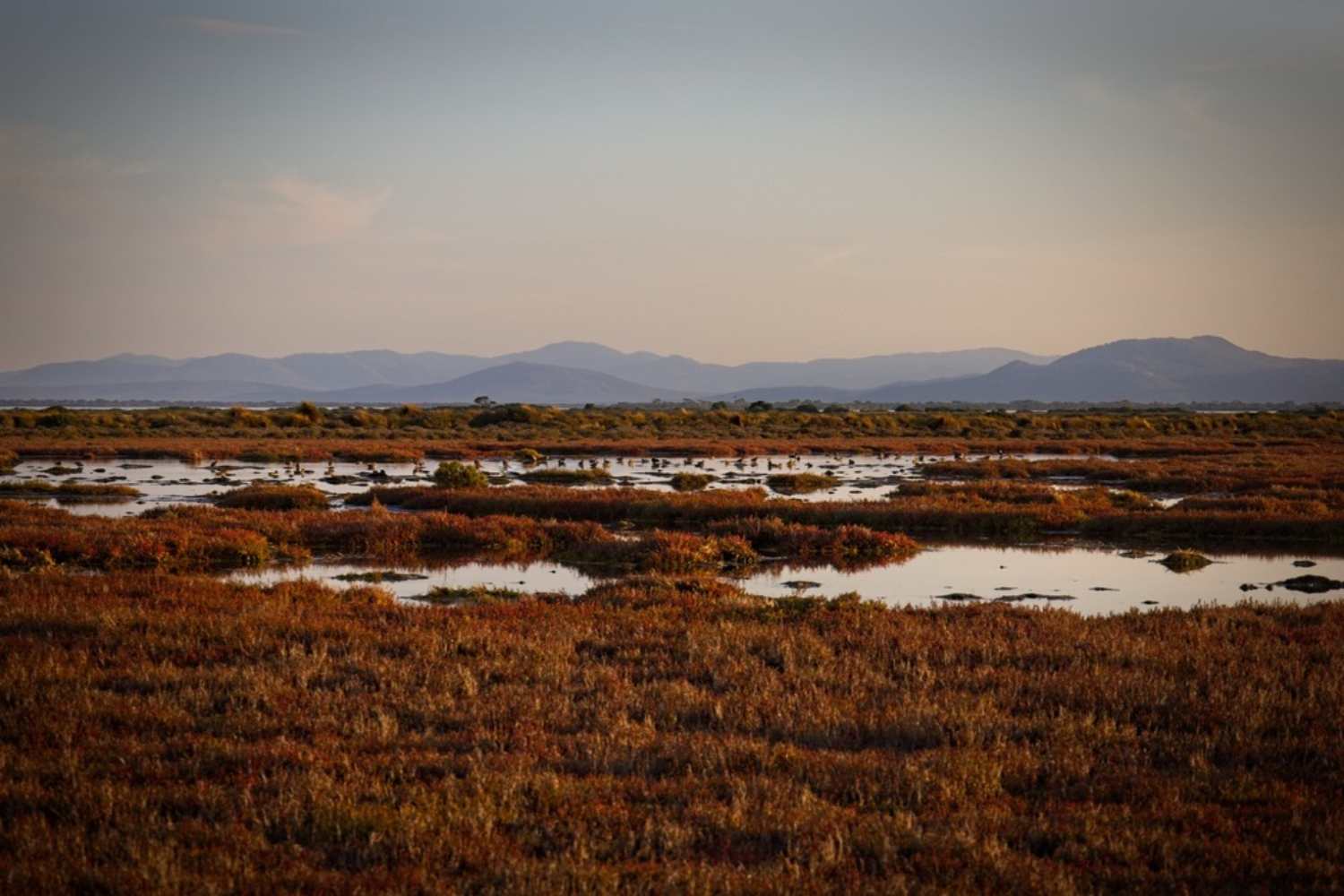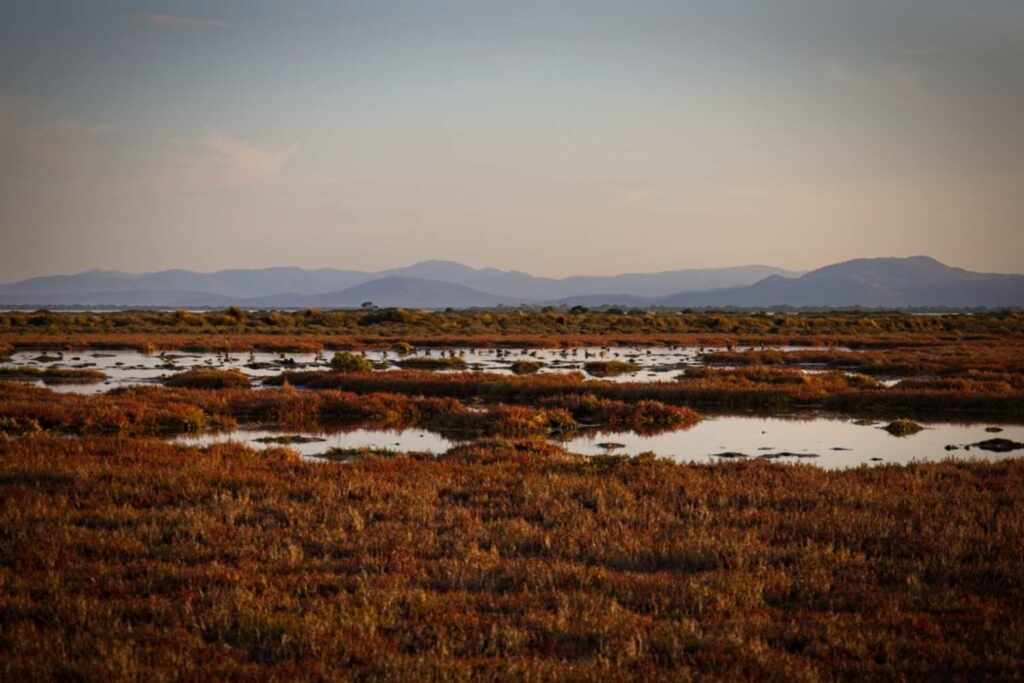An Australian nonprofit bought Bullock and Little Dog Islands to protect their wetlands from development, using private conservation to restore biodiversity and lock away carbon for good.

@Biodiversity Legacy
By protecting two fragile wetlands from agriculture and real estate development, a small Australian nonprofit is rewriting the future of coastal conservation.
A quiet revolution is unfolding along the South Gippsland coast, in Victoria, Australia. Nooramunga Land and Sea (NL&S), a local nonprofit, has purchased several small islands—including Bullock Island and Little Dog Island—to make sure they’re never farmed or developed again. These remote strips of land might look unassuming at first glance, but they’re home to rare salt marsh ecosystems, providing critical habitats for endangered species and preserving the region’s fragile biodiversity.

@Biodiversity Legacy
Investing in nature’s future
The price tag for these islands was, somewhat surprisingly, comparable to a city apartment—roughly the cost of a two-bedroom flat in Melbourne. But their ecological value is immeasurable. Strategically positioned with sweeping views of Wilsons Promontory National Park, the islands play a key role in shielding vulnerable ecosystems and fighting climate change through blue carbon capture. Salt marshes and mangrove meadows found here can sequester carbon up to 50 times faster than terrestrial forests, turning these wetlands into powerful, natural carbon sinks.
Bullock Island alone spans about 178 acres (72 hectares) and is officially recognized as a wetland of international importance under the Ramsar Convention. Until recently, however, it was zoned for agriculture. Old barbed-wire fences and cattle gates still scattered across the landscape are the ghosts of previous farming attempts—efforts that, truth be told, were always at odds with the environment.
The acquisition by NL&S, backed financially by the Upotipotpon Foundation, ensures the island’s long-term protection. It’s a reminder that sometimes, environmental victories don’t come through grand political gestures but through quiet, strategic purchases.
A model worth replicating
This isn’t NL&S’s first foray into conservation real estate. The group has already secured Little Dog Island and plans to continue using private land acquisition to safeguard other ecologically sensitive areas.
“These islands might not be agriculturally productive, but they’re absolutely crucial for wildlife,” explained NL&S director Steve Enticott. “They represent some of the last remaining fragments of original habitat, and protecting them means ensuring a living legacy for future generations.”
The initiative has also received support from Biodiversity Legacy, which helped craft tailored legal frameworks to guarantee that these islands remain community-owned in perpetuity, shielded from future development or sale. It’s a pragmatic and inspiring approach: private conservation that blends environmental protection, community involvement, and long-term planning.
Letting nature reclaim its space
From now on, Bullock Island and Little Dog Island will be dedicated entirely to conservation. There will be no crops, no cattle, no concrete—just wetlands slowly healing, species returning, and landscapes breathing again. Over time, the Gippsland coastline may regain some of its original character, a small but powerful victory for those who still believe that nature, if given a chance, knows exactly what to do.
Source: Biodiversity Legacy
